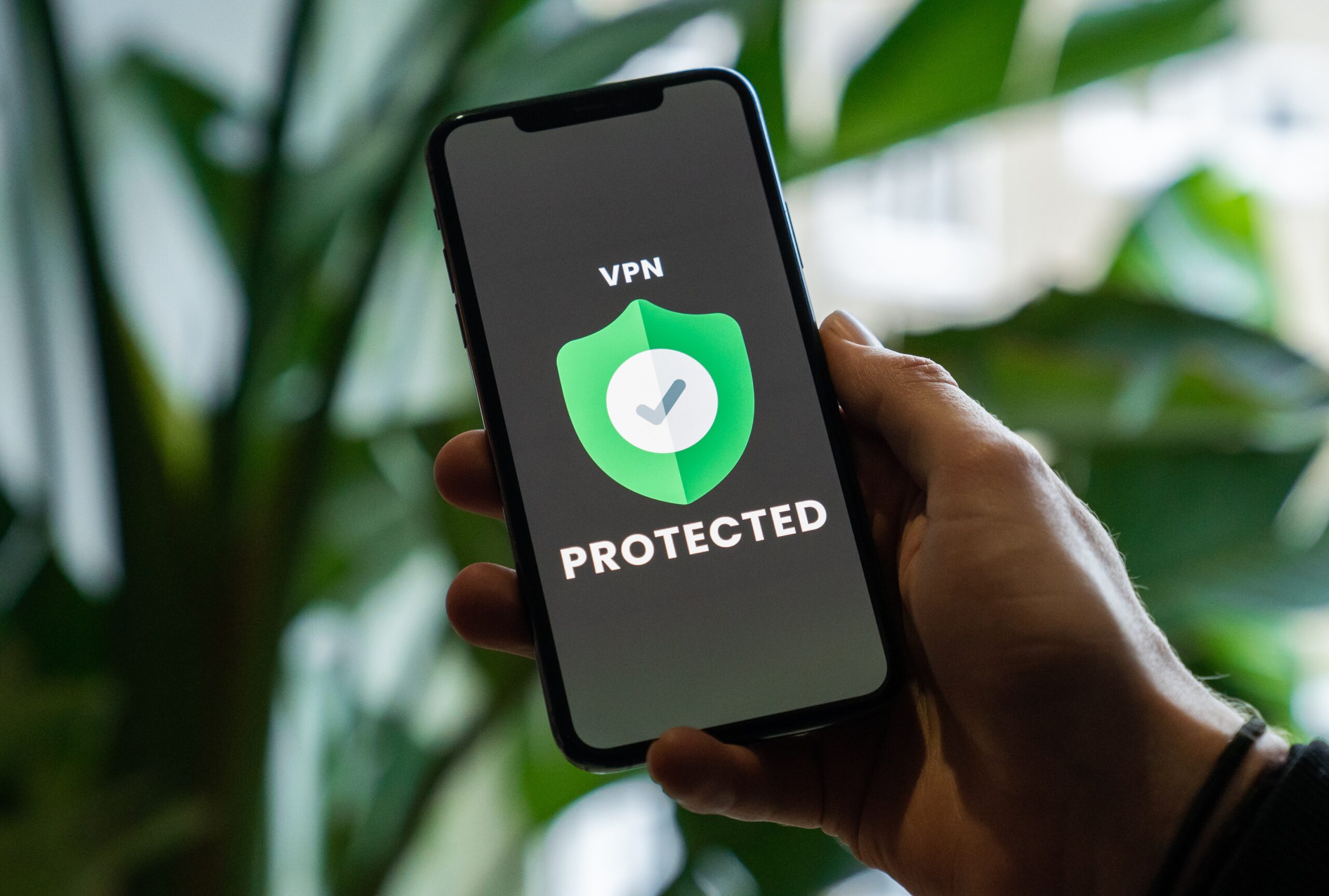Introduction
We’ve all accessed a public Wi-Fi network without thinking, whether it was while waiting in line for coffee and reading our emails, getting on the public network to check the weather, or connecting to the library’s Wi-Fi. When it comes to digital security, however, viewing the web on public Wi-Fi networks is not the smartest practice. It really makes it effortless for hackers to gain access to our devices, potentially exposing personal data such as usernames, passwords, bank account information, and so much more. VPNs, on the other hand, encrypt our online traffic and substitute our IP address, making it secure to connect to public Wi-Fi networks.
The most trusted VPNs in the market are ExpressVPN, NordVPN, VyperVPN, SurfShark etc. However, ExpressVPN is considered the most secure out of the multitude of VPNs available in the market today. ExpressVPN’s commitment to offering a fantastic user experience is admirable. The company’s exceptional 24/7 live chat service, sincere no-fuss 30-day money-back guarantee, and simple-to-use apps for all major platforms are at the heart of this. What are the features that make ExpressVPN a fan favourite?
1. Strong Privacy Features
First and foremost, ExpressVPN has passed an objective security audit, proving its no-logging guarantees. And, perhaps more impressively, this has held up in practice: officials confiscated a Turkish ExpressVPN server in 2017, but no data was retained on the server or turned over by ExpressVPN. That’s what’s referred to as a successful track record. ExpressVPN doesn’t keep track of the websites you visit, it has its own DNS, and it allows P2P traffic.
2. Unbreakable Encryption
ExpressVPN provides extremely exceptional technical security that sets it apart from other secure VPNs. With an RSA-4096 handshake and SHA-512 keyed-hash message authentication code, it implements the AES-256 cypher for OpenVPN (HMAC). Elliptic Curve Diffie–Hellman (ECDH) key exchanges give perfect forward secrecy for data channel encryption. Different kinds of encryption methods followed are:
- IKEv2
a popular VPN protocol that automatically reconnects you to your VPN after you’ve been removed from the Internet. It’s especially useful for anyone who frequently switches between Wi-Fi and mobile hotspots, which is a common occurrence whilst using the Internet in public.
- IPsec
IP Security establishes safe Internet access and is frequently used in conjunction with other protocols to boost security.
3. Secure Apps for All Devices
ExpressVPN offers OpenVPN on all of its apps. It runs for all OS such as iOS and even Linux.
Naturally, joining a VPN ensures that your data is safe from hackers, but ExpressVPN recognizes that you don’t want them to have access to your personal information either. One of the most essential features of ExpressVPN is that it does not log your files, which means it will not monitor or save any of your sensitive information.
4. Trusted Server
TrustedServer is yet another wonderful asset to Express’s security armoury. In other words, all ExpressVPN servers run on RAM rather than traditional hard discs. Every reboot wipes all data, and information is not kept by design. Hard-drive-based servers can be difficult to completely wipe, posing a security risk.
5. The Kill Switch
Let’s say you’re using ExpressVPN and your connection goes down. Is it possible that your privacy will be jeopardised? The kill switch, often known as a network lock function, is the reason behind this. If your network connection is lost, the kill switch will turn off whatever software or websites you were using, protecting your privacy.
6. Split Tunnelling
Split tunnelling allows you to use a VPN and a local area network at the same time, which is a terrific method to save bandwidth. The way it works is that some of your traffic will transit through the ExpressVPN tunnel, while the rest will access directly the Internet. If you require access to both a public and a private network at the same time, this is phenomenal. ExpressVPN offers its customers flexibility through this feature.
7. ExpressVPN Protocols
How data packets are delivered across a network is determined by Internet protocols. A VPN server with secure protocols is a VPN server that is safe. The following VPN protocols are used by ExpressVPN:
- SSTP
The Secure Socket Tunneling Protocol is noted for its power and speed, and it is compatible with all Windows devices. It’s well-known for being able to quickly get around firewalls and for establishing a very secure network.
- L2TP/ IPsec
Layer 2 Tunneling Protocol and IPsec combine to offer a highly secure Vpn connection. While L2TP establishes the tunnel, IPSec is in charge of encryption and channel security. It also ensures that the data’s integrity is not jeopardized.
- PPTP
the Point-to-Point Tunneling Protocol generates tunnels in which the data packets are encapsulated. If you truly want to stay under the radar, ExpressVPN also works with TOR.
- UDP
User Datagram Protocol, or UDP, transfers datagrams that do not require virtual networks to convey data. UDP has the advantage of requiring less bandwidth, resulting in less delay.
- TCP
The Transmission Control Protocol is made up of seven levels that break down data into smaller units and transport it to the correct location. It’s a great pairing with UDP since it ensures that the data is reassembled in the correct sequence.
However, the nicest part about ExpressVPN is that, while having cutting-edge security safeguards, it is as straightforward as picking a server and hitting ‘connect’ for the user. While you can modify a lot of things behind the scenes, you can also feel secure by sticking to the established defaults. As a whole, ExpressVPN is the simplest and most effective approach to stay safe online. It’s suitable for both beginners and experts, which is why it’s one of the top recommendations for the most secure VPN.

